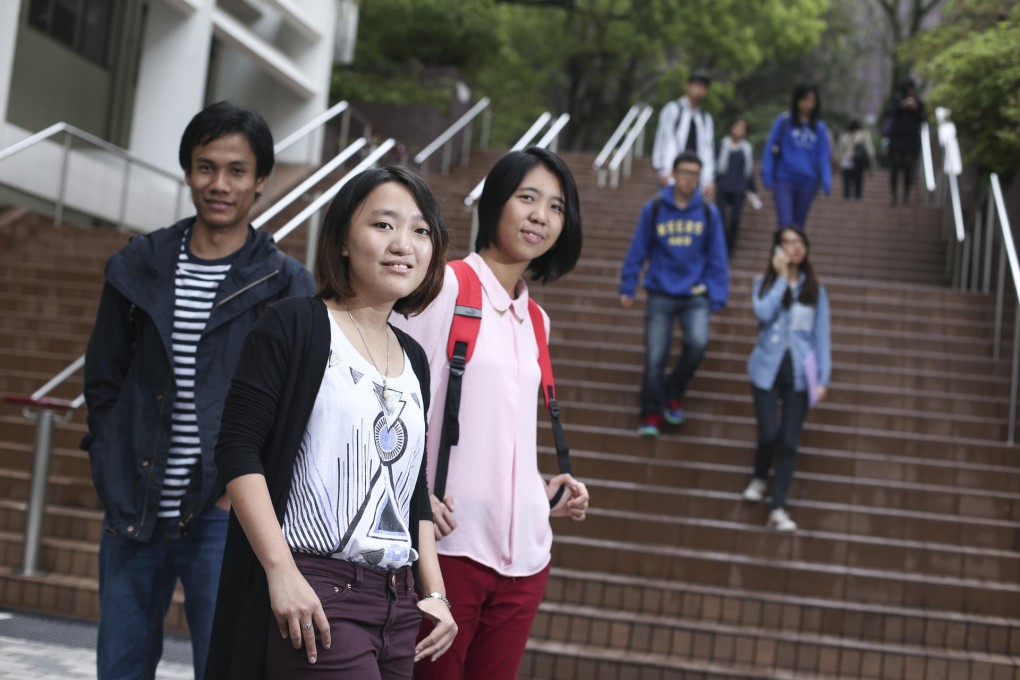Scholarships open a door to Burmese students, but some struggle to adapt
Scholarships to Hong Kong universities can offer great opportunities for students from Myanmar. But the cultural barriers can be insurmountable for some, writes Mabel Sieh

Being able to study at a university outside Myanmar is a dream come true for Aye Thein, Thet Hnin Aye and Khine Lynn Thu. Three years ago, they came to study at the University of Hong Kong under a scholarship programme co-sponsored by the university and a number of NGOs.
This overseas education can boost career prospects enormously. A graduate with a degree from abroad may earn up to 10 times more than a local graduate - with salaries of US$1,000 a month compared to US100, the students say.
"The education we have back home is terrible. The teachers aren't qualified. I had a teacher who gave us only 20 pages of notes for a module on world history, and she can barely understand English," says 27-year-old Aye Thein, a final year politics and public administration student.
Aye Thein is from Sittwe, a small town in the country's Rakhine state, and had completed an English degree before arriving in Hong Kong. He had no idea where he would end up when he applied for scholarships as the NGO matched his qualifications with the grants available. He still remembers what it was like when he arrived in Hong Kong. "I was amazed at how incredibly clean the city was. And I love the university library; I've never seen so many books in my life," says Aye Thein.
Thet Hnin Aye, 22, is from Yangon, and she, too, was overwhelmed when she arrived. "There were so many tall buildings, roads and cars; it's totally different from home," says the undergraduate student. Like Aye Thein, Thet Hnin Aye also had a degree from home.
There were plenty of adjustments to make at the beginning, Khine Lynn Thu remembers.